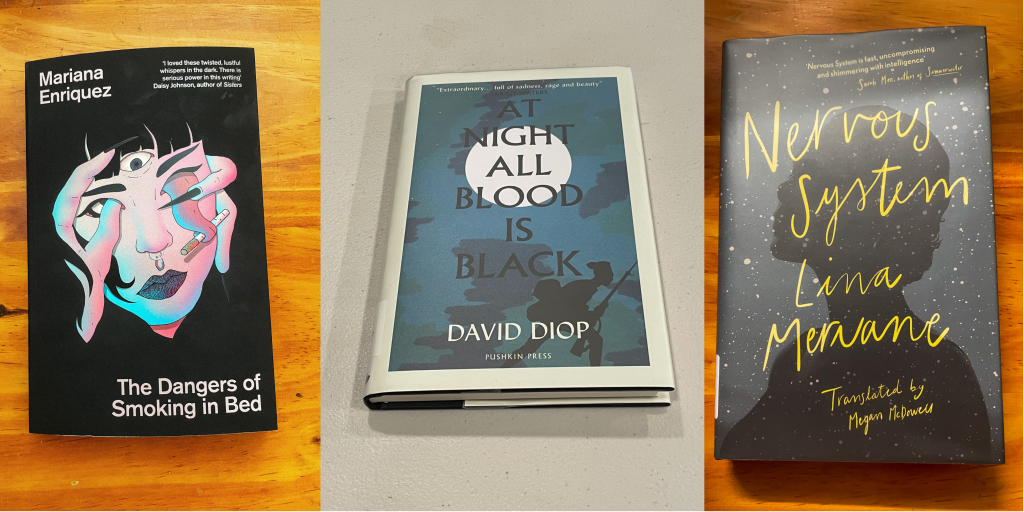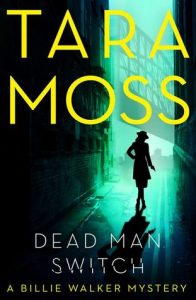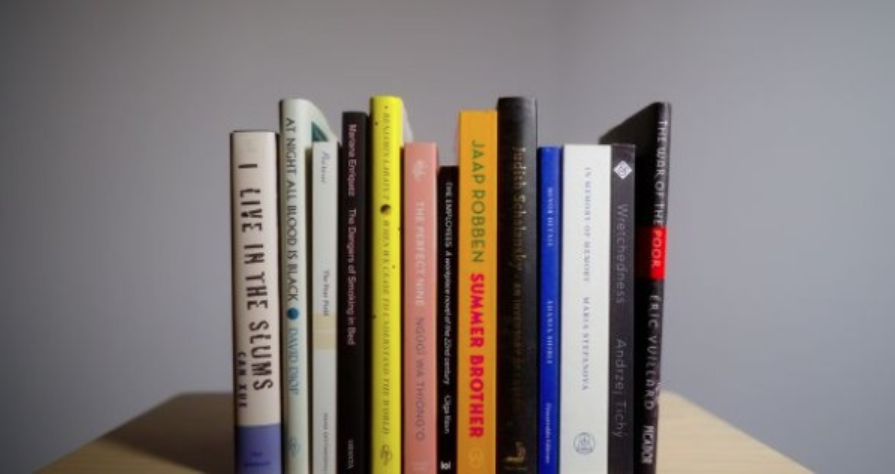 November is National Novel Writing Month, or NaNoWriMo and in the past I have harvested the desire to write a novel but my brain doesn’t work like that. I don’t have the ability to write anything to pad out an idea; like scenery or dialogue. As much as I want to be a writer, I don’t think I can write fiction. I think non-fiction or blogging is better suited for by writing style, but I’m a little out of practice, I am trying to get back into the habit of writing more blog posts. I want to improve and to do that I need to write more. I’m still reading Not to Read by Alejandro Zambra (translated by Megan McDowell), I read an essay and sit with it for a while, in awe of his writing style and it makes me doubt my abilities. This is a person that I wish I could write like.
November is National Novel Writing Month, or NaNoWriMo and in the past I have harvested the desire to write a novel but my brain doesn’t work like that. I don’t have the ability to write anything to pad out an idea; like scenery or dialogue. As much as I want to be a writer, I don’t think I can write fiction. I think non-fiction or blogging is better suited for by writing style, but I’m a little out of practice, I am trying to get back into the habit of writing more blog posts. I want to improve and to do that I need to write more. I’m still reading Not to Read by Alejandro Zambra (translated by Megan McDowell), I read an essay and sit with it for a while, in awe of his writing style and it makes me doubt my abilities. This is a person that I wish I could write like.
I should read more essay collections and just absorb their style and learn from them. I recently picked up Lucy Ellmann’s essay collection Things Are Against Us and really enjoyed it. I loved her novel Ducks, Newburyport, the way she expresses her anger frustration with the world and her life really drove that book and she delivers that same feeling in Things Are Against Us. Ellmann has this amazing ability to blend anger and humour, she expresses her frustrations in such a way that keeps you reading and wanting to know more. These essays give off “angry feminist” vibes and for good reason. She is angry and frustrated with the patriarchy and she wants to express that.
Things Are Against Us is not the reason for this post. What I’m asking for is essay collection recommendations. I love the collections that I’ve mentioned, and I want to read more, I want to learn from their style. For example, I love In the Dream House by Carmen Maria Machado, I think it’s one of the best books I have read in a long time, and I love the way she uses different styles with her essays. I want to learn by reading more essay collections and I want people to recommend their favourites. It doesn’t have to be bookish, there are many great writers out in the world, and I’d like to learn a little from them. If I look at the essay collections I have read, the majority of them are bookish, like Ex Libris by Anne Fadiman, Through the Window by Julian Barnes, The Complete Pollysyllabic Spree by Nick Hornsby and The Library at Night by Alberto Manguel. The only collection that I haven’t mentioned is Between the World and Me by Ta-Nehisi Coates, which was such a hard-hitting book, but one I still think about.
I know I can read books like The Best Australian Essays, and I probably should read more of them. I am looking more of a collection by a single writer, to allow me to get to know their style and learn more about them. I find that these collections often follow a theme and that really helps me stay invested in the book. I know this is probably not an interesting blog post, but I hope you will recommend me something.









 Title: Dead Man Switch (
Title: Dead Man Switch (


 Title: Earthlings (
Title: Earthlings (